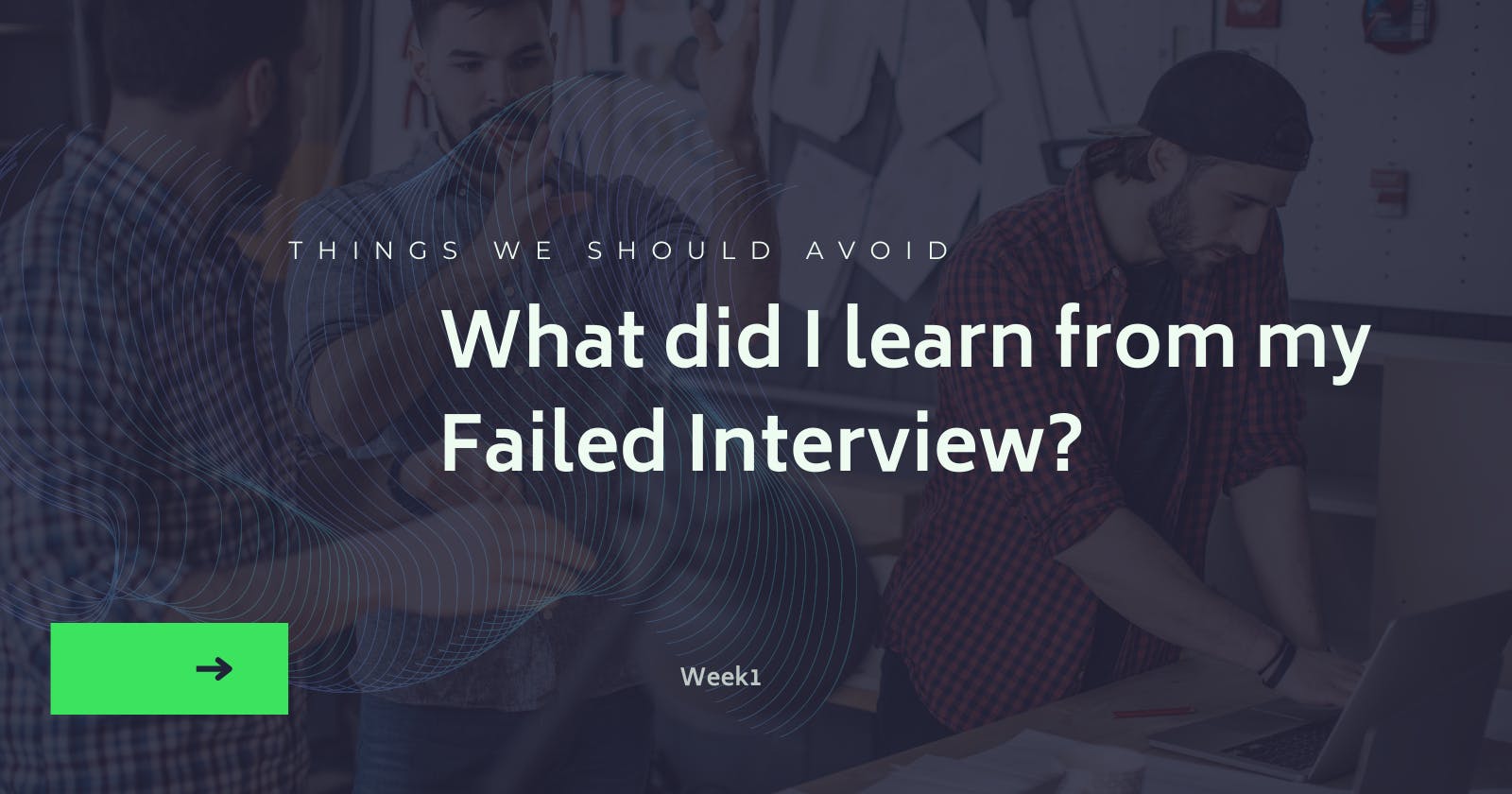Hey 👋, I am Shivam, a third-year undergraduate student, a Fullstack web developer, an open source lover, and a DevOps learner.
Technical interviews can be a nerve-wracking experience for us. Sometimes we got out for making minor mistakes. We know that the key to cracking a technical job interview lies in remaining relaxed and not worrying about making small mistakes. However, knowing these mistakes and avoiding them during our interviews can help us get the job we are willing to have. In this blog, I will share the mistakes that I have made during my interview rounds.
About Me
I am currently an undergraduate student. I enjoy contributing to open source projects and am a member of several good open source communities. I am also doing a Remote Job as a React JS Developer. Nowadays, I am learning and practicing to write a blog, and for that, I constantly writing blogs for different-different communities.
We were all upset when we failed an interview, but we should not have been. Because from every passed and failed interview, we learned something new and unique. In this blog, I will discuss some points I gained from my interviews.
I am 20 years old and have been doing interviews since this year. So far, I have given four interviews. I got rejected in two interviews and selected in the other two. So, let's see, "What did I learn from them?"
Learnings From an Interview
➡Study

Be sure to revise all the topics related to your job role. If you plan to study before the interview, It will boost your confidence and assist you in passing the interview round. You can search for some most important interview questions on the internet related to your topics, and try to prepare for that too.
➡Feel Like a Friend

The person who will take your interview wants you to succeed in life, which is why they are taking it. They are not your enemy who wants you to fail. So, be comfortable as you are talking to a friend. Of course, you need to be formal but if you are stuck in any question or problem, then be sure to ask them. They definitely will help.
➡Get Ready With Your Projects
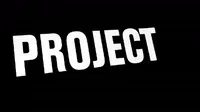
Interviewers will ask you about your project. Projects that you made during your learnings. So, ensure that you do not include the copy project or other projects you are unaware of. Ascertain that your projects are published on almost any web hosting service such as Netlify, Vercel, Firebase, and so on. Do not launch your localhost server to display your Projects.
You can also tell them about your open source contribution projects. In the interview that I gave in June, at that time, they asked me about my open source contribution, and that was the plus side for me.
➡Not asking questions

Sometimes, you might assume a question differently than what the interviewer meant. Clarify the question or the confusion you have because if you do not, you may wind up providing answers that differ from what the interviewer intended. In addition, asking questions regarding the job can demonstrate your enthusiasm for the position and impress the interviewers. I made the same mistake during my first interview.😥.
So, be sure to ask questions.
➡Not providing enough information on the question
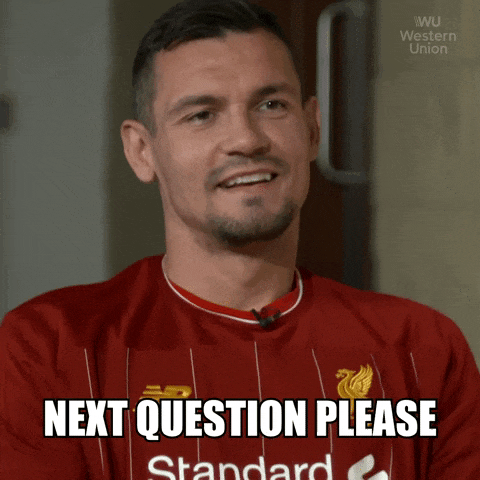
The interviewers want a fair representation of your abilities. Do not avoid the questions asked. Try to answer the questions first and then talk about your ideas. They want to become more familiar with your thought process. You should constantly concentrate on the information requested.
➡ Memorizing Code For Algorithms & Data Structures
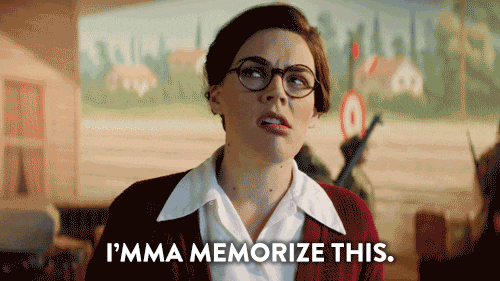
Candidates frequently believe they must learn code for algorithms and data structures, but the reality is that you will almost certainly not have to create these things from scratch. Regurgitating code is a useless ability, and your interviewer will notice if you have memorized a solution. Instead, you can aim to understand the process.
Lastly, most coding interviews are conducted in the foundational programming language (even if a company is looking for a React/Vue.js developer): you likely will not be asked to code using a framework or library, so make sure you are confident in your foundational programming knowledge.
➡ Pretending to be a know-it-all
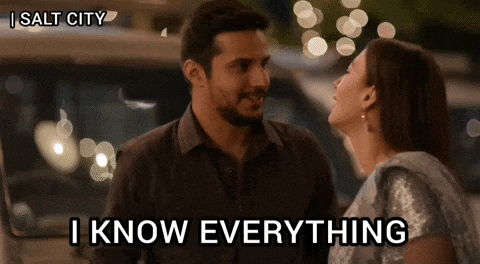
A corporation would not want to recruit someone who uses buzzwords but lacks knowledge. It is acceptable if you do not know everything; nevertheless, do not lie about it. It creates a bad image if you pretend to know something but get caught. Exaggerating your skills will only annoy the interviewer; they appreciate hiring only honest candidates.
➡ Test your camera.
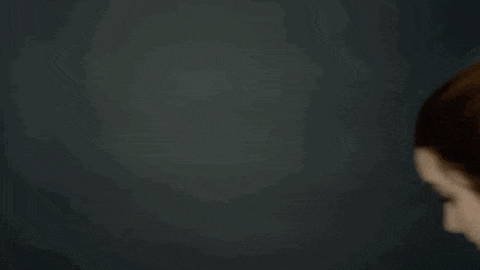
Last but not least, while remote interviews allow us to be in a safe and familiar environment, we can often forget to remove unsavory items from the background of our video frame. I usually recommend holding a test meeting to examine your video frame and clean up the dirty clothes in the backdrop. If your setting isn't ideal, you can alternatively use a simulated background for your remote interview.
✅ Conclusion
Everyone has anxiety over the technical interview process, but by being mindful of these mistakes, you can improve your chances of landing a job offer.
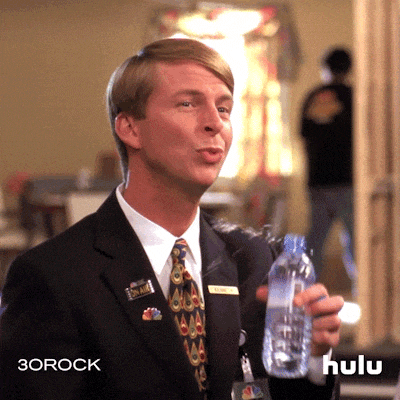
So, these are some lessons I've learned through my interviews. I hope you got to learn something from this blog. Share with your friends and community.
